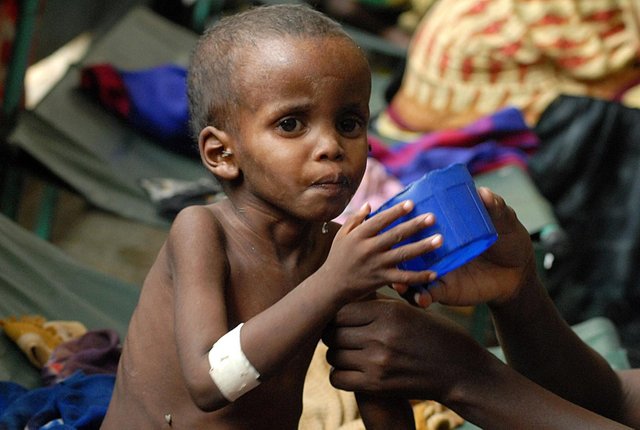The mission to end malnutrition

The government has approved the establishment of a ₹9,000-crore National Nutrition Mission to reduce malnutrition and stunting among infants in India. The mission, to be jointly launched by the ministries of Ministry of Women and Child Development, Health and Family Welfare, and Water Resources, with NITI Aayog, will strive to reduce stunting, under-nutrition, and low birth weight by 2% and anaemia among young children, women and adolescent girls by 3% annually over the 3-year mission period.
Malnutrition causes shear wastage of human capability while being a burden on the economy. According to NFHS - 2 figures, 46% of children under-3 in India were stunted. Today, 18 years later, those stunted individuals form an integral part of the country’s workforce and have perhaps been constrained in giving their best to the economy.
While the importance of preventing stunting far exceeds the economic aspect, it is important to be aware of all the benefits and returns that investing in nutrition can bring for the country.
It is estimated that malnutrition can decrease the economic growth of a nation by approximately 8% due to loss in productivity caused by reduced schooling and cognitive impairments.
Productive capacity is affected by malnutrition due to low energy, slower brain development and morbidity. Poorly developed brain generates pressure on schools due to low school performance, grade repetition and even causes early desertion of school despite availability of free education.
Malnourished, stunted and weak individuals have low self-esteem and confidence. They tend to retreat from society with little or no contribution towards nation building.
Malnutrition impairs immunity from disease and often leads to disability. The impact is felt more in the labour-intensive sectors such as agriculture and small scale manufacturing.
As one of the fastest growing economies in the world, India requires a strong and healthy workforce to sustain its growth levels.